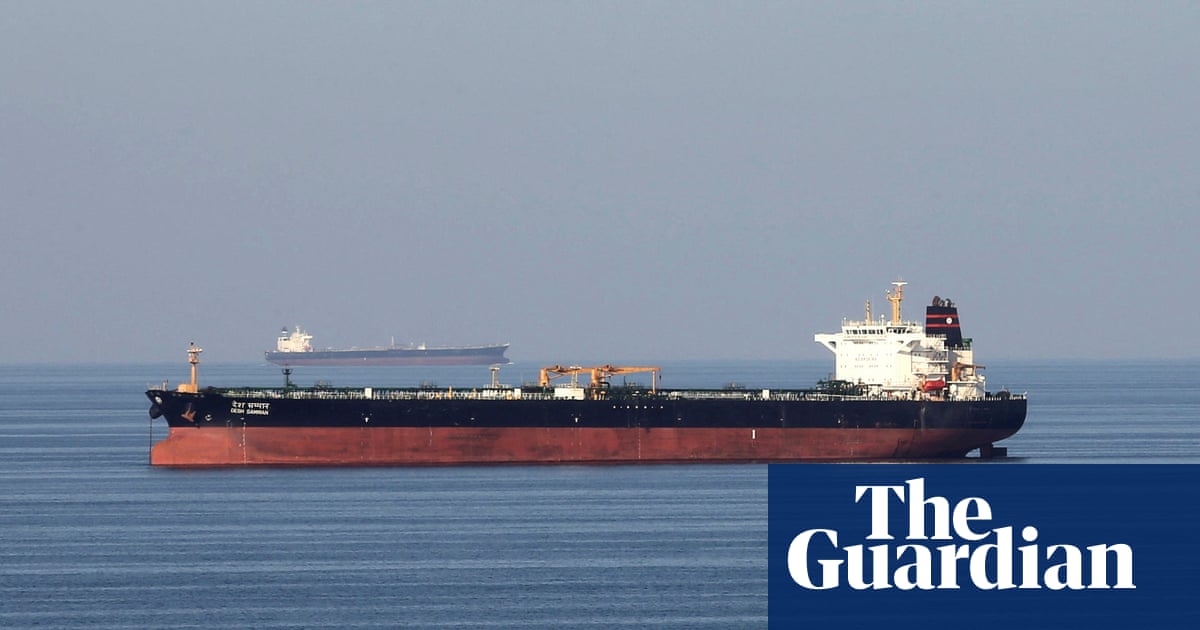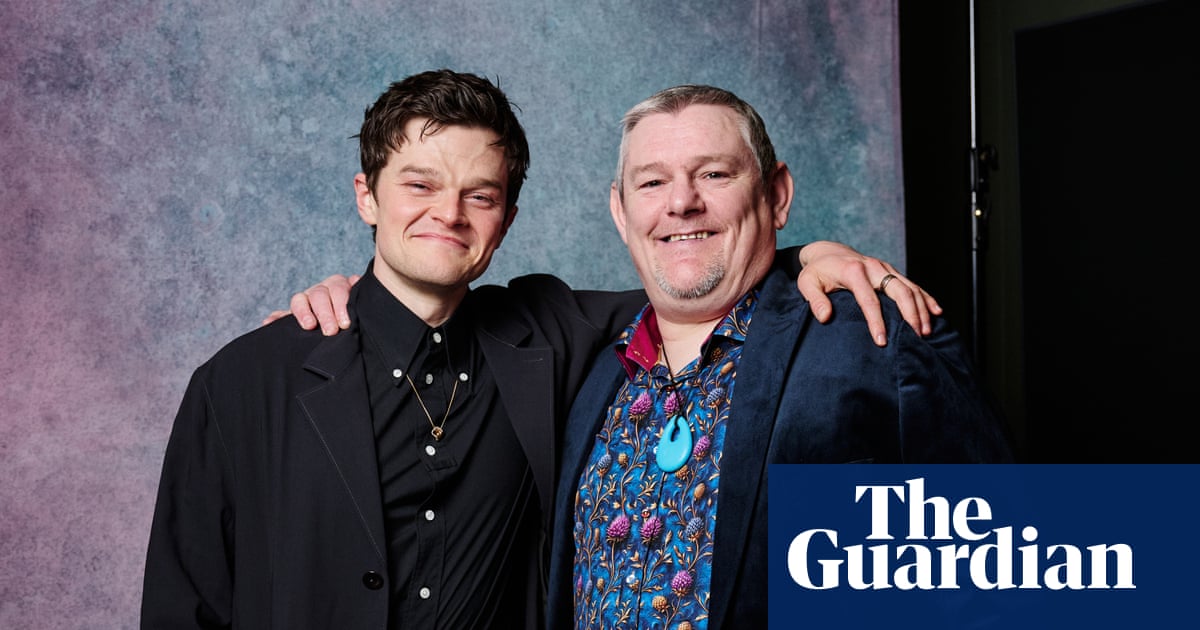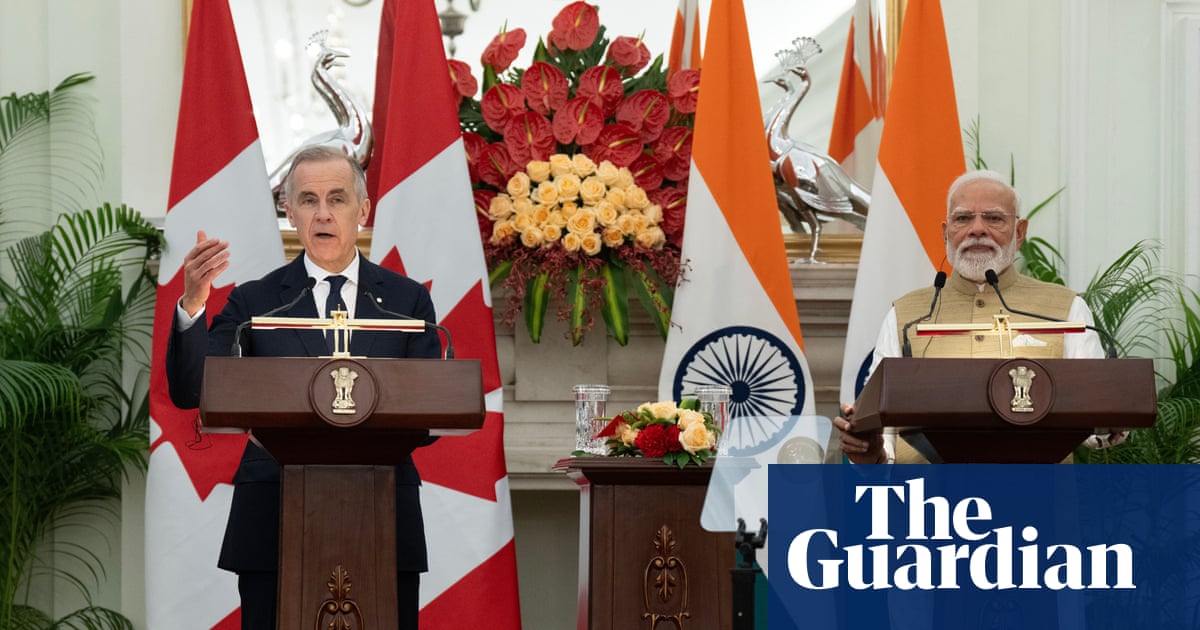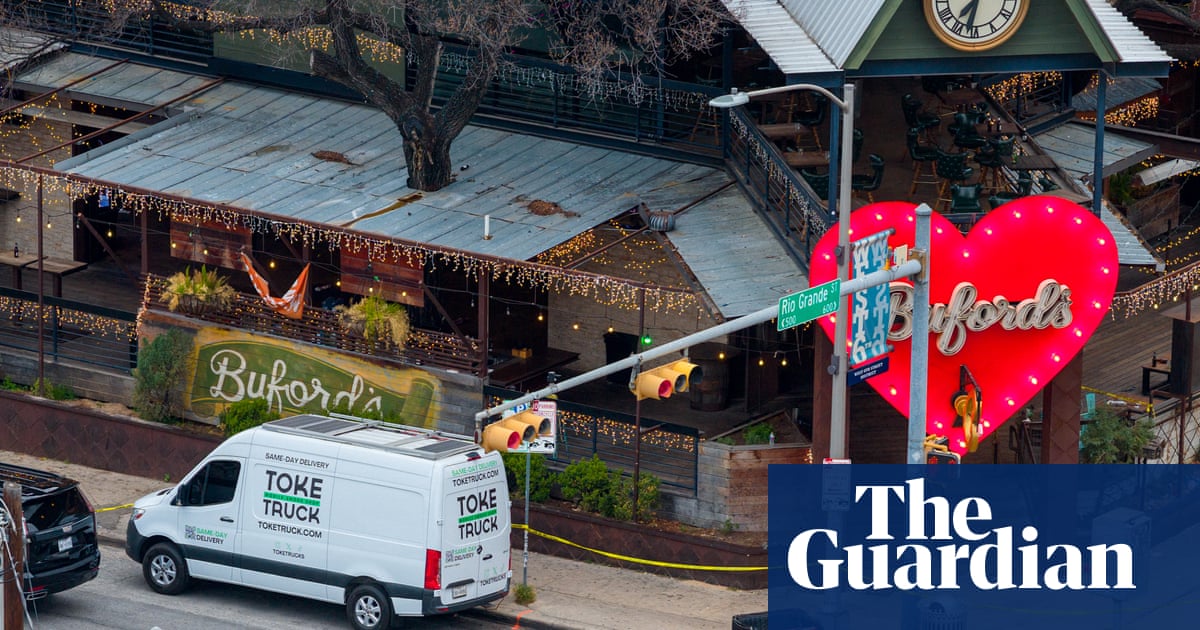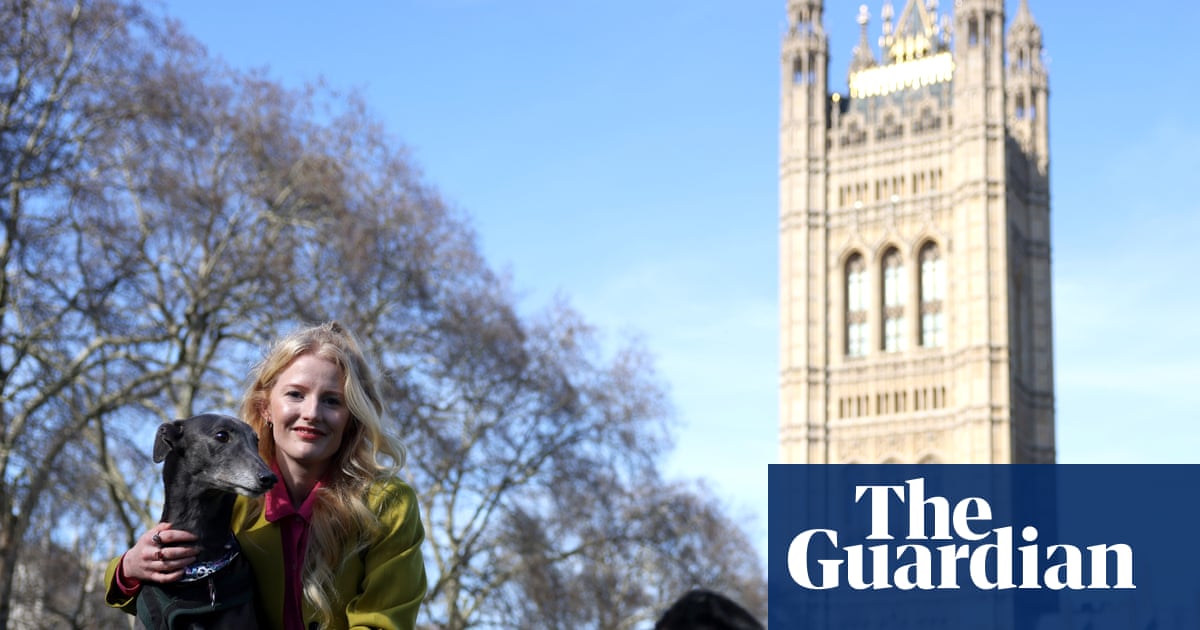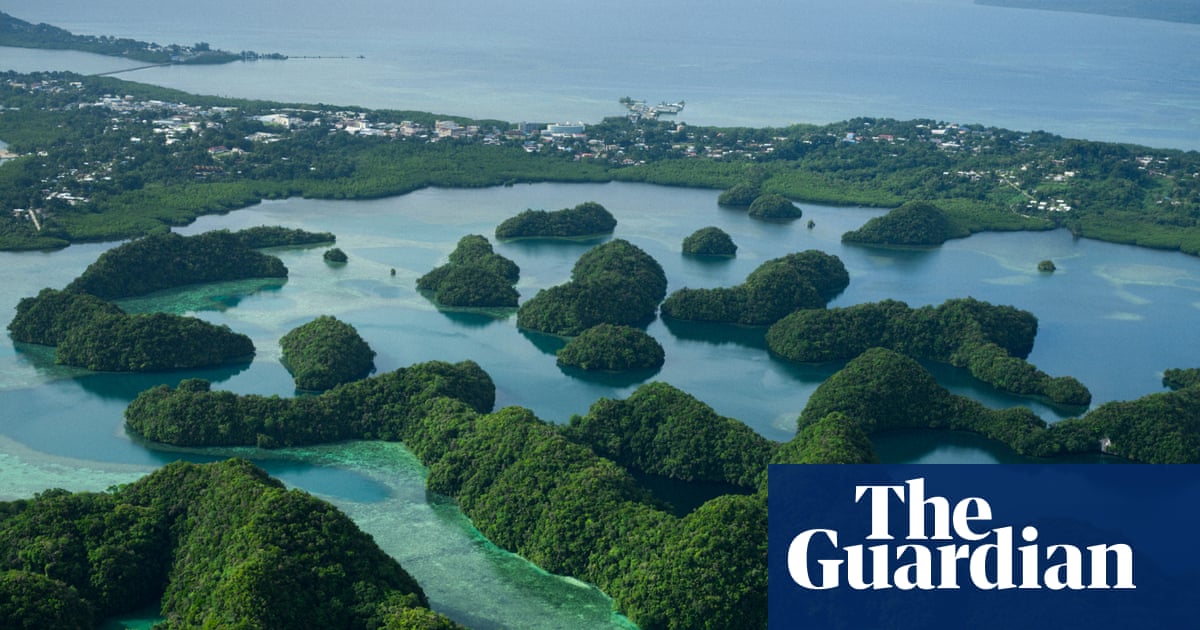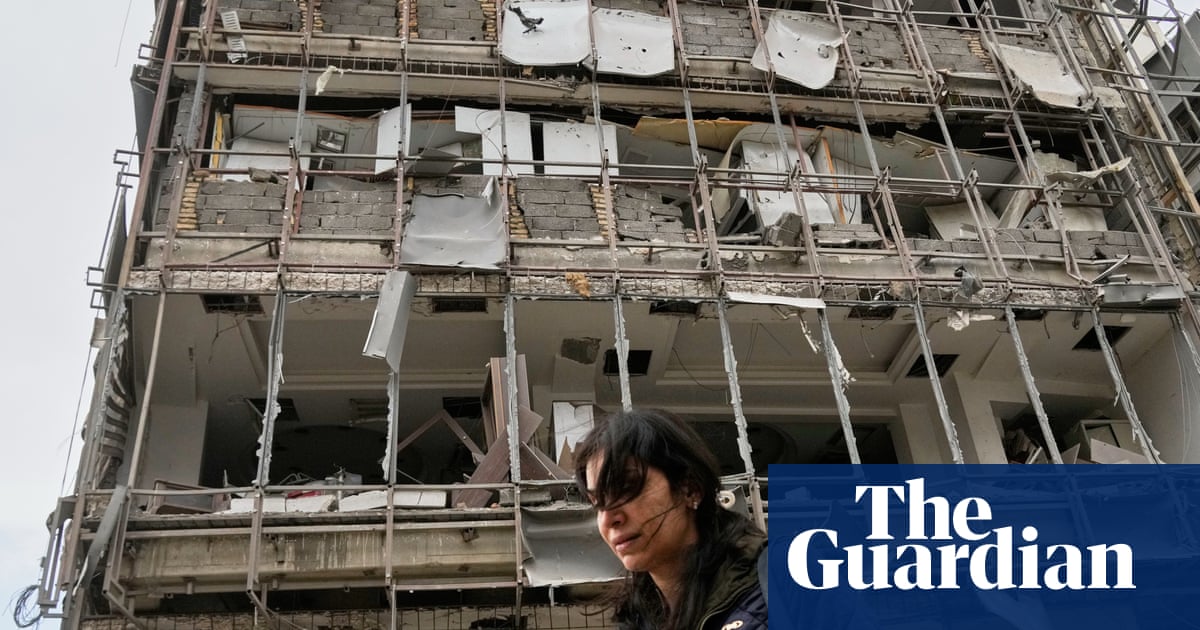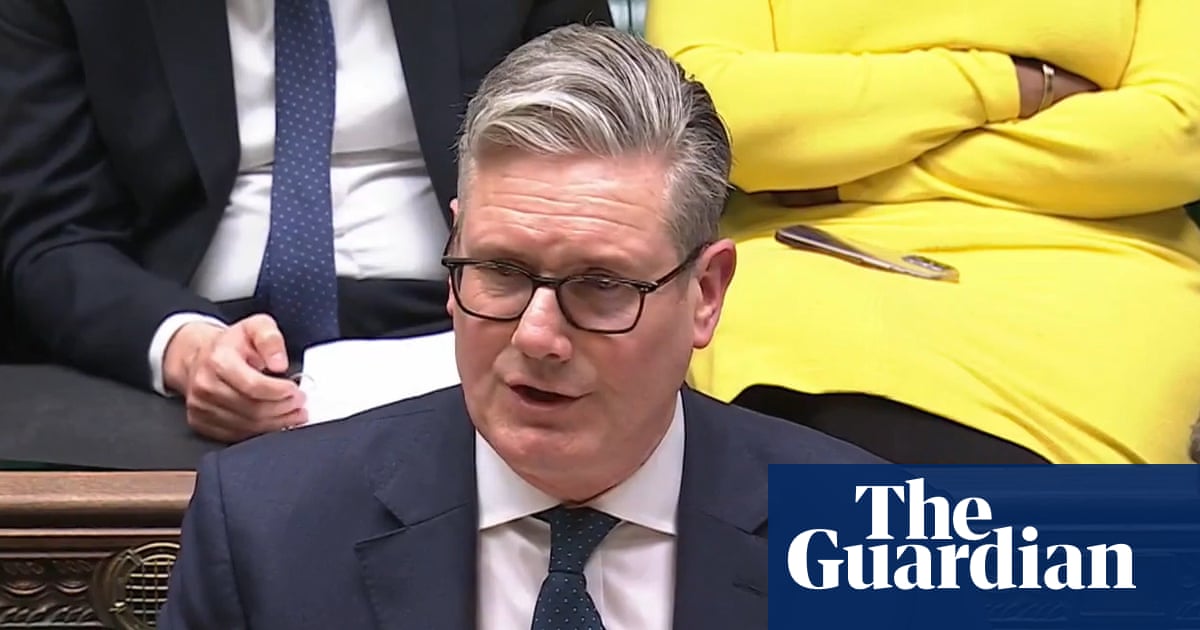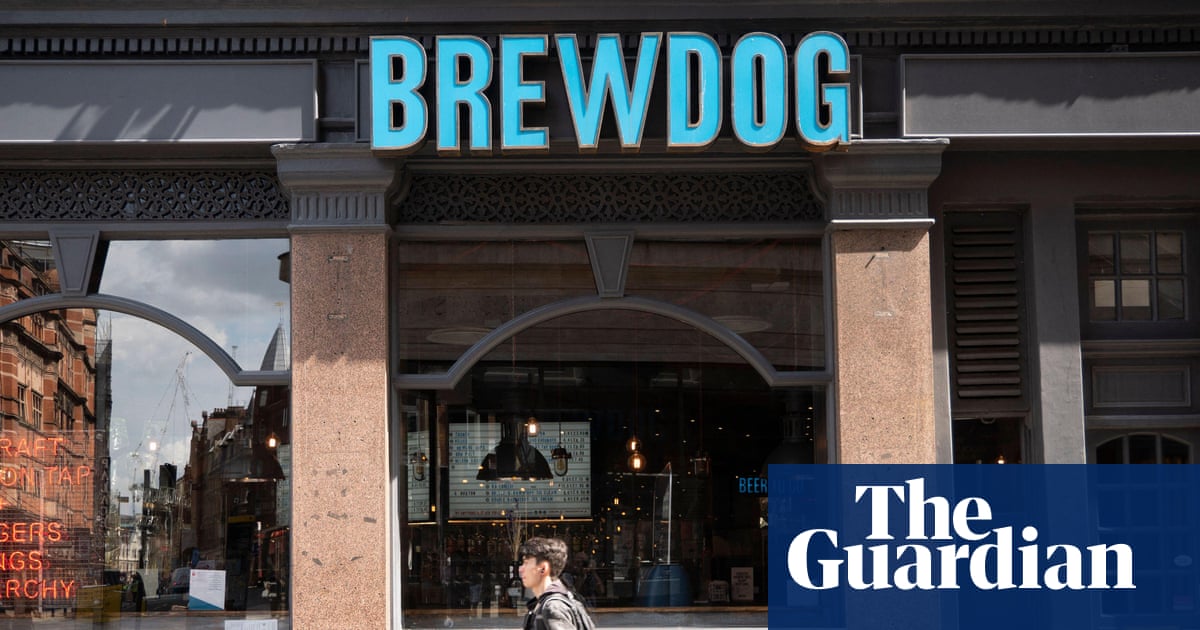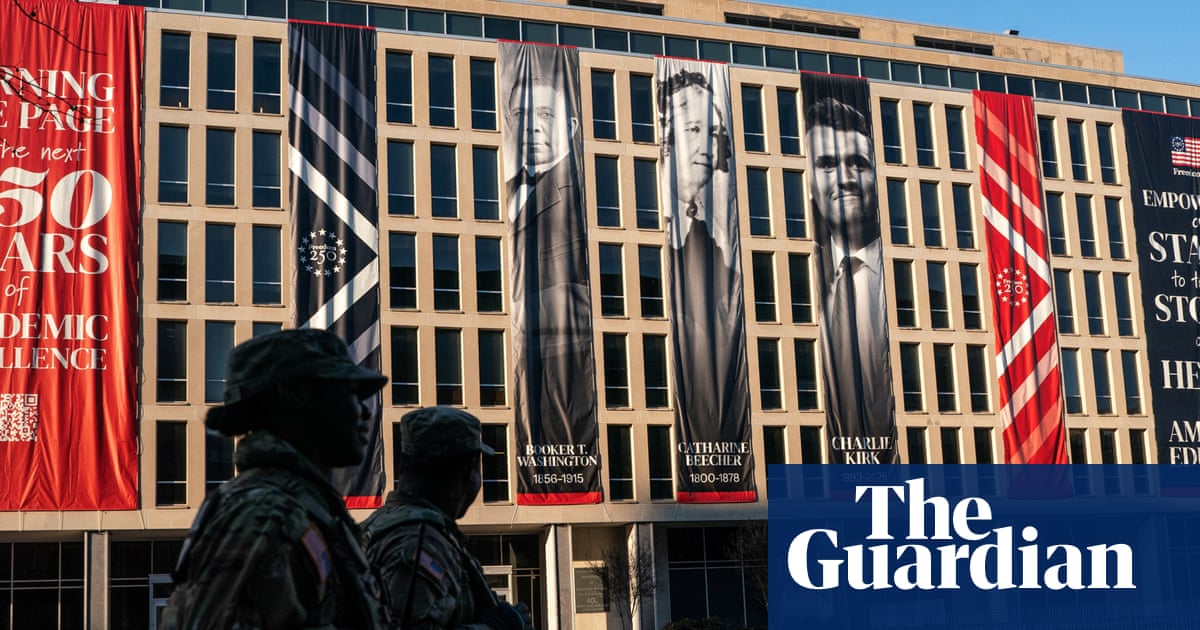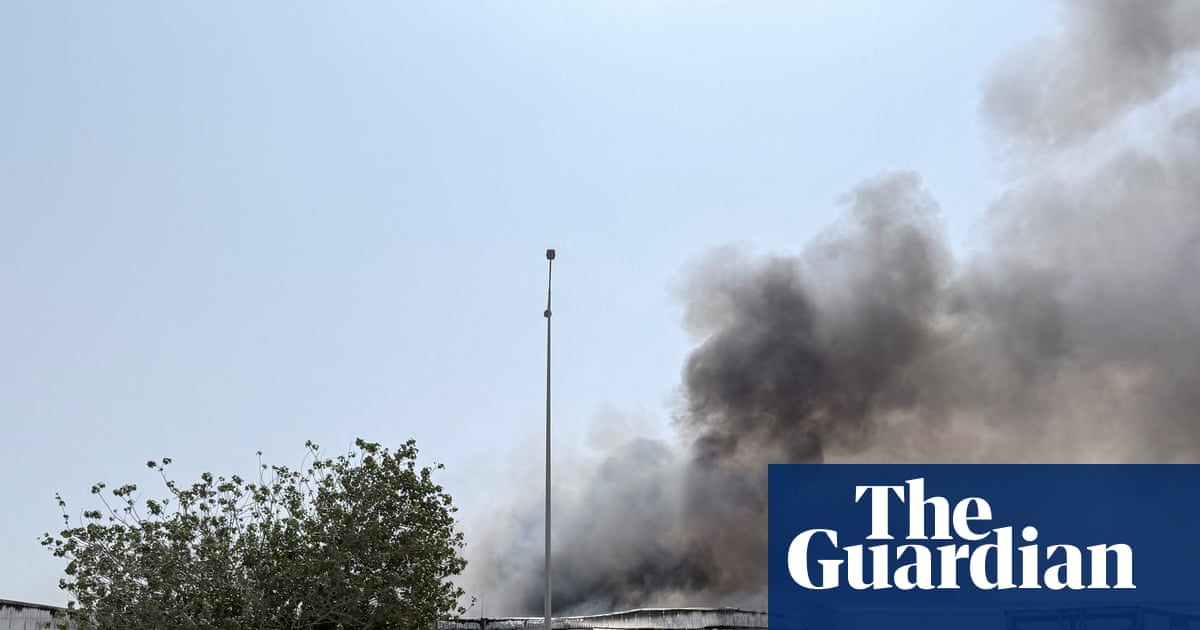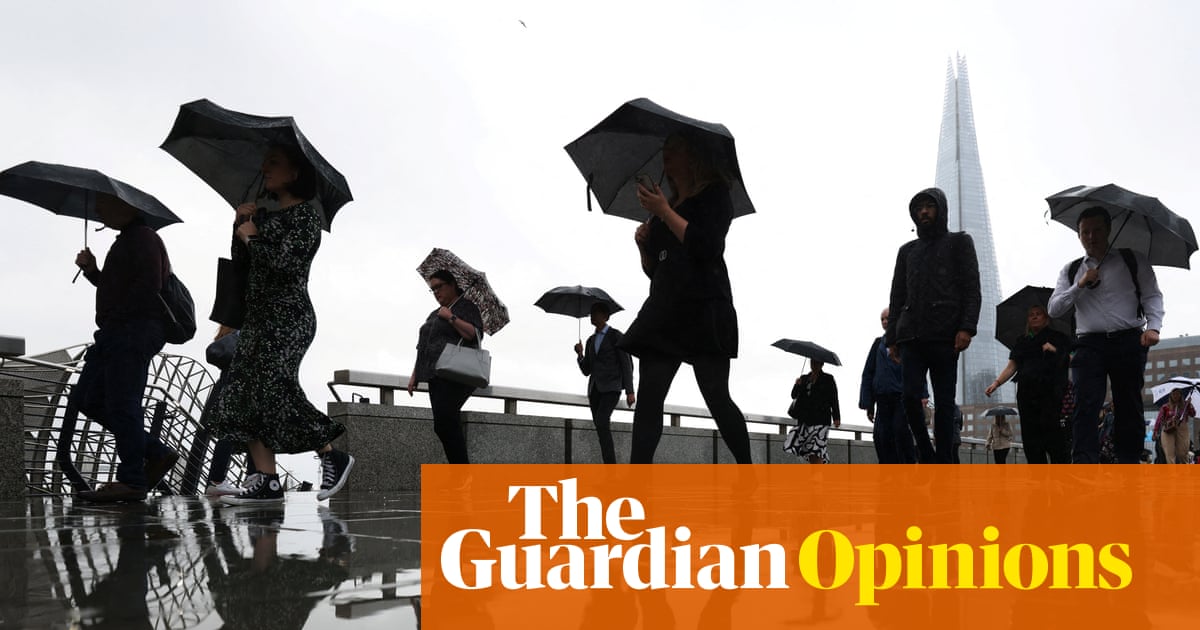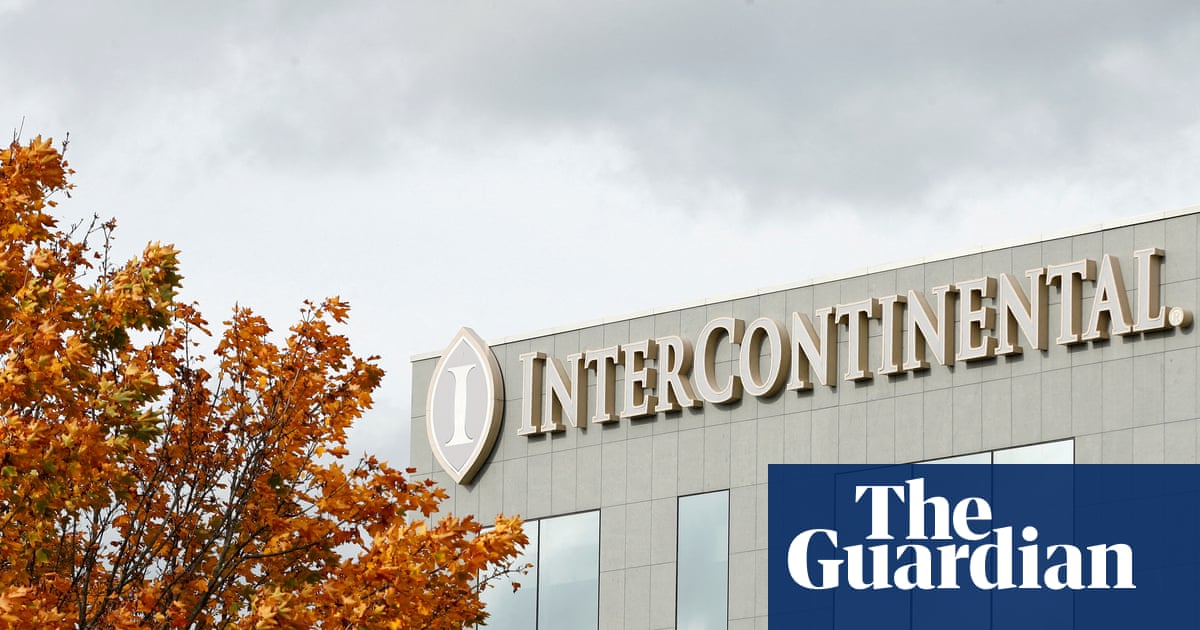Brazil’s environment minister, Marina Silva, has urged all countries to have the courage to address the need for a fossil fuel phaseout, calling the drawing up of a roadmap for it an “ethical” response to the climate crisis.
She emphasised, however, that the process would be voluntary for those governments that wished to participate, and “self-determined”.
The issue is one of the most controversial at the Cop30 summit in Brazil, with countries fighting over whether and how such a roadmap can be discussed. As host, Brazil is carefully neutral about what can be on the formal agenda.
Silva spoke approvingly of the potential for a roadmap, without explicitly committing Brazil to it. She said: “When we have a terrain or environment that is quite grim, it is good that we have a map. But the map does not force us to travel, or to climb.”
In an exclusive interview with the Guardian, she added: “The map is an answer to our scientific knowledge [of the climate crisis]. It is an ethical answer.”
Scores of countries meeting in Belém for the UN climate summit, which is entering its second week, want to establish how a global phaseout of fossil fuels could work. They want to build on a historic resolution made two years ago at Cop28 in Dubai to “transition away from fossil fuels”.
That promise had no timetable attached or details on how it could be achieved, and although it was passed unanimously, some countries have since attempted to disavow the pledge. Attempts last year to elaborate on what it would mean in practice were stymied by opposition from petrostates at Cop29 in Azerbaijan, which is heavily reliant on oil and gas exports.
There was no mention of the transition away from fossil fuels in the outcome of Cop29 as a result.
For these reasons, Brazil has been wary of calls by some countries to put the transition on the agenda for Cop30. But Silva has worked hard behind the scenes to ensure the pledge could be discussed at the summit outside the formal agenda.
She won round Brazil’s president, Luis Inácio Lula da Silva, who made public reference three times to the need to “move away from dependence on fossil fuels” at the summit of world leaders that preceded Cop30, and at the opening of the conference.
“This is something that we know at some point had to be put forward, because it is the only way to face the problem from the root,” Marina Silva said. “We recognise that it is not easy, and we cannot sell false hopes. Raising the subject is courageous, and I hope [to see] this courage from all, from producers and consumers.”
Brazil had not initiated the call for a phaseout, she said, because that had been done at Cop28. Instead, it was allowing the discussions to take place in accordance with what some countries wished. “We know these topics are delicate. We will give the opportunity to discuss it,” she said.
There is not enough time at Cop30 to draw up a roadmap, a process Silva said could take several years because many countries faced complex issues around dependence on fossil fuels, or wanted to use the proceeds from selling fossil fuels to finance their development.
“Brazil raises the subject, because Brazil is both a producer and consumer,” she said. “But Brazil is different, because Brazil, if it wants to, need not depend on fossil fuels. We have to understand that there are some that depend on fossil fuels in their economies and don’t have easy solutions, and others where fossil fuels are the basis of their economy.
“To be fair is to be fair to everyone, but the essential, primordial justice is not to be unfair to the planet, because it is our home.”
If the pledge receives enough support, Cop30 could set up a forum in which the process of drawing up a roadmap to the phaseout could begin.
after newsletter promotion
The process would require dialogue with all signatory countries to the UN framework convention on climate change (UNFCCC) and criteria for how the process would unfold, Silva said. “Once we have criteria, a governance structure can be drawn up; once we have a strategy, and create safeguards to be able to establish trust in the process, I believe that with these elements we can transform good ideas into steps that are clearer, and more concrete.”
There is no guarantee that a proposal to start drawing up a roadmap would win approval at Cop30, even if it does not require the formal consent of the conference, which proceeds by consensus and can be hijacked by special interests. Cop experts have told the Guardian they believe there could be support for such a proposal from about 60 countries, but there are thought to be at least 40 opposed. There are 195 countries represented at the talks.
Leo Roberts, a programme lead at the E3G thinktank, said: “Despite being the root cause of climate change, fossil fuels are about the most contentious subject there is within the UN negotiations, so to see a chunky group of countries openly backing a route to achieving global phaseout is in itself pretty groundbreaking.
“In simple terms, there’s no route to a world where warming stays below 1.5C in which countries aren’t able to discuss fossil fuel phaseout.”
Panama’s climate negotiator, Juan Carlos Monterrey, said: “We need this language for real in this conversation. It’s quite stupid that we talk about everything but that when fossil fuels are the actual problem.”
Negotiations continued on Saturday on four outstanding issues that have not yet been incorporated into the formal agenda: trade, transparency, finance and how to address the shortfall between the emissions cuts countries have planned and those required to hold to the 1.5C temperature limit.
The Cop30 president, André Corrêa do Lago, promised a “note” that would address these issues, after consultations – which have been going on since Monday – were inconclusive. He called on countries to adopt the “mutirão” spirit, meaning one of cooperation and constructive discussion.
Work on other substantive issues – including adaptation to the impacts of the climate crisis, the just transition for those affected by the move to a low-carbon economy and how to build institutional capacity in developing countries – carried on productively, the presidency said.
Brazil’s chief negotiator, Liliam Chagas, said the technical part of the Cop process was nearing completion, and the political phase – when ministers who have the power to change their countries’ positions arrive – was beginning.

.png) 3 months ago
51
3 months ago
51
